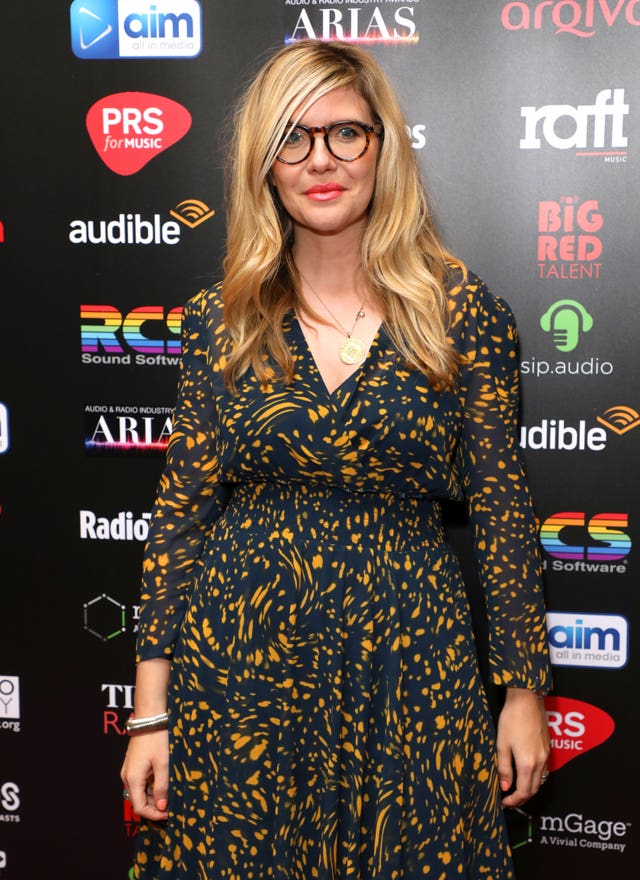BBC director-general Tim Davie has endorsed a statement from Woman’s Hour which says the programme will “reflect” on concerns raised by an interview with a prominent female Muslim.
He was responding to an open letter signed by more than 100 figures including politicians, journalists and celebrities.
It labelled the interview with Zara Mohammed, the first female leader of the Muslim Council of Britain, “strikingly hostile” and called for a greater representation of Muslims within the BBC.
The BBC also received 564 complaints over the interview, which saw presenter Emma Barnett repeatedly ask her guest about the number of female imams in Britain.
Tim Davie, BBC Director-General's response to an open letter published by @galdemzine: https://t.co/vYH1JOTWC5 pic.twitter.com/yzP7zBE0uG
— BBC Press Office (@bbcpress) February 19, 2021
The letter’s signatories included Tory peer Sayeeda Warsi and Labour MPs Diane Abbott and Naz Shah, which criticised the lack of representation of Muslims within the BBC.
They said Barnett kept “interrupting Mohammed’s answer” and the segment “mirrored the style and tone of an accountability interview with a politician, rather than authentically recognising and engaging in what this represented for British Muslim women”.
Mr Davie said: “As an employer and a broadcaster paid for by the public, we have a duty to reflect the whole of the UK in our staff and within our programmes.”
He added: “You are correct, across the BBC, representation of Muslims within our staff is lower than the national average but it is not as low as you suggest.”

Mr Davie said the BBC is “always looking for ways to improve knowledge of issues facing Muslims in the UK”.
His letter also included a response from the BBC Radio 4 programme, which said: “Woman’s Hour has a long history of trusted journalism and thorough interviews.
“While we appreciate that people can sometimes have very differing responses to our live interviews and discussions, we believe it was legitimate for the programme to seek to explore some of the issues facing Muslims in the UK.
“Woman’s Hour however has always been a programme that listens to feedback and learns from the responses we receive; we will reflect on the issues and concerns you raise in this open letter.
“We always endeavour to reflect the experiences and issues impacting Muslim women as well as think hard about how we do so, and we will continue to do that.
“We commit to returning to this on air soon and to deepen our engagement with the issues that matter most to Muslim women, as well as looking at representation across Woman’s Hour as part of the BBC’s plans to more accurately reflect the society we serve.”
Mr Davie said he agrees with their statement and added that he thinks it would be “helpful” for the signatories of the letter to meet senior staff at the BBC to discuss the issues they raise.
